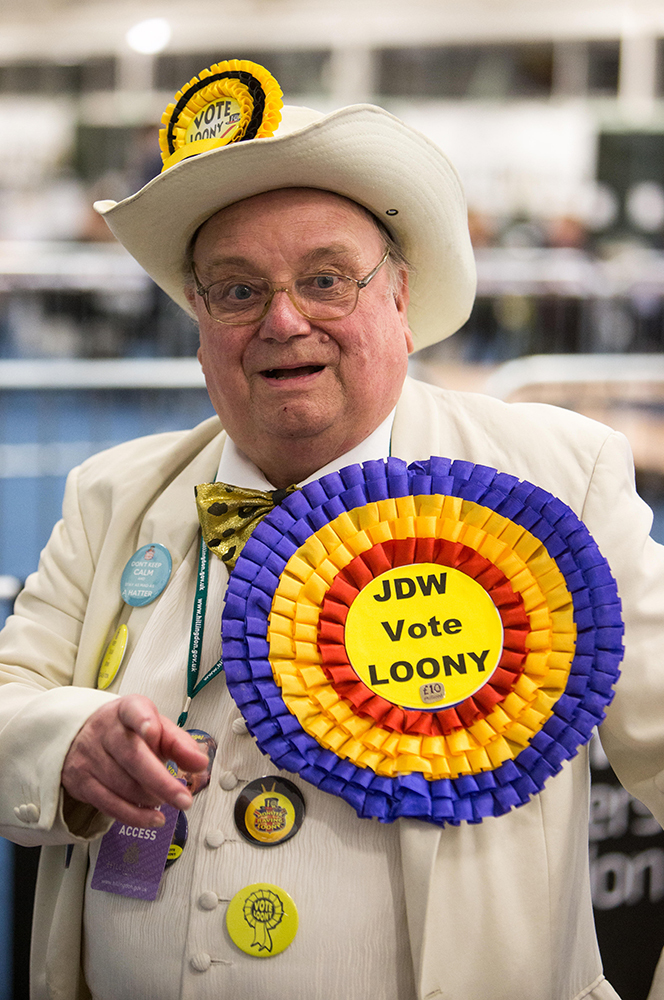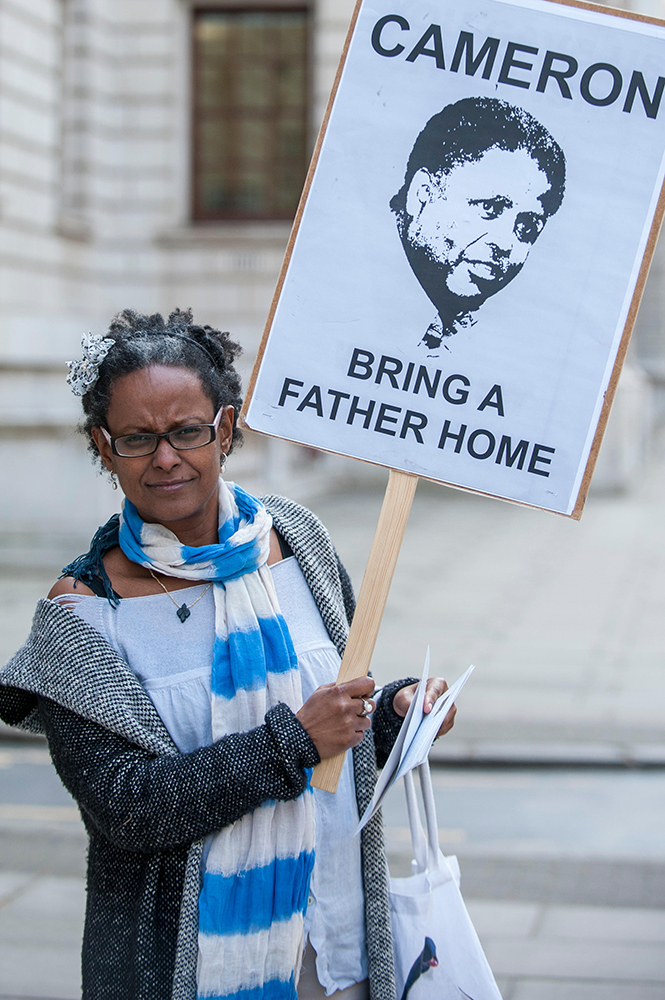 Menu
Menu
 Menu
Menu
In a liberal democracy, we are all political equals.
In Canada, the law is settled. Every adult citizen has the right to vote. But what about running for office? Does every adult citizen have that right, too?
The answer is yes. Sort of.
Canada is a liberal democracy. In a liberal democracy, everyone is a political equal. As well, in a liberal democracy power comes from the people. These two beliefs mean that everyone gets the right to vote, and almost everyone has the right to run for office.
Since Confederation, the right to run for office has closely mirrored the right to vote. Basically, if you were eligible to vote in Canada, you were eligible to run for office in Canada. As voting rights expanded, so too did the right to political candidacy.
In 1982, the right to run for office became a constitutional guarantee. The creation of the Charter of Rights and Freedoms enshrined citizens with this right. The constitutional right to run for office applies to the House of Commons in Ottawa and to each provincial legislature.
However, Charter rights can be limited so long as the limit can be reasonably justified in a free and democratic society. Therefore, a handful of people are not eligible to run for office.
For example, in Saskatchewan, judges and senators may not seek a seat in the provincial legislature. They already hold appointed positions of power, until the age 75. If they wish to run for office, they must resign their positions as senators or judges.

Howling Laud Hope, leader of the United Kingdom’s Official Monster Raving Loony Party. The Loony Party runs candidates to satirise British politics.
As well in Saskatchewan, prisoners and people who have contravened certain elements of The Elections Act cannot run. This rule helps preserve the integrity of elected office.
The House of Commons has similar rules. Perhaps the biggest difference between federal and provincial law is that prisoners are barred from running for Parliament only if they are serving a term of two years or longer.
As you can see, there are a few limits on who can run for office. The House of Commons and each provincial legislature can place reasonable limits on who may run for office.
A 1990s court case confirmed that legislatures can limit who can run for office. A member of the New Brunswick legislative assembly was found guilty of enticing an underage person to illegally vote. He was kicked out of office and banned from running again for five years, under a New Brunswick law. The MLA went to court, arguing that his Charter right to run for office had been violated. The Supreme Court rejected his claim and upheld New Brunswick’s law.
When it comes to local government, the law is different. There is no Charter right to run for local government. This includes rural municipalities, villages, towns, cities, and school boards. The Supreme Court has upheld this. Even so, in practice most anybody can vie for a seat on their local council, provided they live in that jurisdiction.
The right to run for office does not mean you can simply say “I am a candidate!” and be on the ballot. Liberal democracies are built upon rules. Everyone seeking office must follow the rules of the election. In Canada, those rules include standard nomination processes.
Everyone seeking office must follow the rules of the election
The first step in running for office is to file nomination forms with the appropriate election authority. By signing and submitting a nomination form, a candidate agrees to make themselves aware of and follow the laws governing the election. Once the forms are submitted, election authorities review them to ensure the nominee is eligible to run.
Importantly, people seeking a nomination must gather signatures from local residents. Having locals sign off on the candidacy helps ensure that candidates are respected by their peers and serious about running. The number of signatures required ranges from two for an RM council seat to 100 for a seat in the House of Commons.
To run for some offices, a cash deposit may also be required.
Municipal election candidates in Saskatchewan’s larger centres are required to pay a cash deposit of up to $500. The specific amount and how it will be returned is determined by each municipality.
To run for a seat in Saskatchewan’s legislature, candidates must pay a $500 deposit. The deposit is returned if the candidate files all the required post-election reports with the election authority.
Deposits are said to motivate candidates to file post-election reports. They may also discourage frivolous candidates from throwing their hat in the ring.
For federal election candidates, there is no deposit. Not long ago, a $1,000 deposit was required. However, in 2017 a judge ruled that the deposit was contrary to the Charter. Parting with that much money—even for a short period of time—could make it impossible for a poor person to run for Parliament.
The rules above apply to all candidates. However, many candidates in provincial and federal elections run as a party representative. For a candidate to represent a party, they must be nominated by the party.
Political parties are private organisations, free to choose candidates as they wish. Most often, parties choose candidates either by appointing them or holding a vote.
Once nominated, a party candidate must follow the same processes as an independent candidate to get their name on the ballot. In addition, they must assign a party agent to their candidacy.
In practice, the system works. Canada’s elections are widely-respected across the world. Just as most everyone has the right to vote, most everyone is eligible to run for office. Fair and equal rules help ensure the equality of each citizen.
Importantly, the right to run does not mean that every candidate is in it to win.
Some candidates place themselves on the ballot as a form of political expression. In other words, they are running to bring awareness to particular causes and issues. This is their right. Such people are often called “single-issue candidates.”

Elections in the United Kingdom often attract serious single-issue candidates, such as Yemi Hailemariam. In 2017, she ran for office in the same constituency as the Prime Minister to bring attention to her partner’s imprisonment in Ethiopia.
Other candidates may have a broad list of issues and concerns, yet their platforms are full of half-baked or objectively bad ideas. Such candidates are rare, but they do exist. Even if we think that they are unfit for office, it is their right to be on the ballot.
Other unusual candidates are being silly on purpose. That is, they are using satire to make their point. We can think of them as “satirical candidates.” They offer silly platforms not out of ignorance, but rather out of a desire to critique politics, governance, and the electoral system.
Let’s learn about the vital role that satire can play in our electoral system. The coming pages introduce a slate of satirical candidates, from Saskatchewan and abroad. They may seem like simple entertainment at first, but when you scratch the surface, you will find that their satire offers thoughtful critiques of politics, governance, elections, and society.
In the 1920s, Canadian humourist, satirist, and political economist Stephen Leacock outlined his views on freedom of expression. He wrote:
A man has just as much right to declare himself a socialist as he has to call himself a Seventh Day Adventist or a Prohibitionist, or a Perpetual Motionist. It is, or should be, open to him to convert others to his way of thinking. It is only time to restrain him when he proposes to convert others by means of a shotgun or by dynamite, and by forcible interference with their own rights.
Leacock’s views are consistent with rights now enshrined in the Charter of Rights and Freedoms. We are free to believe what we want, and we are free to promote our views. We should only be limited in these activities if we improperly interfere with the rights of others.